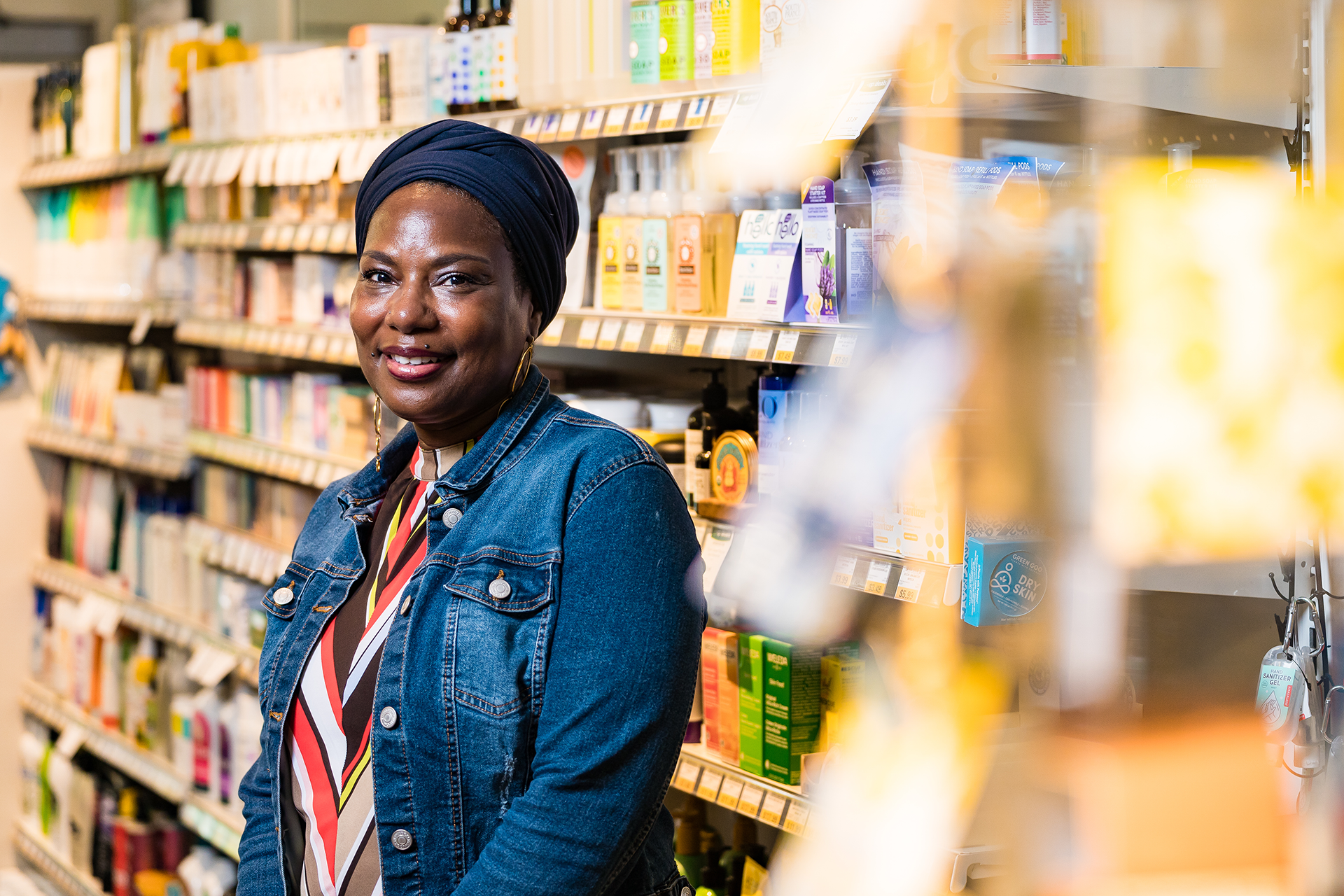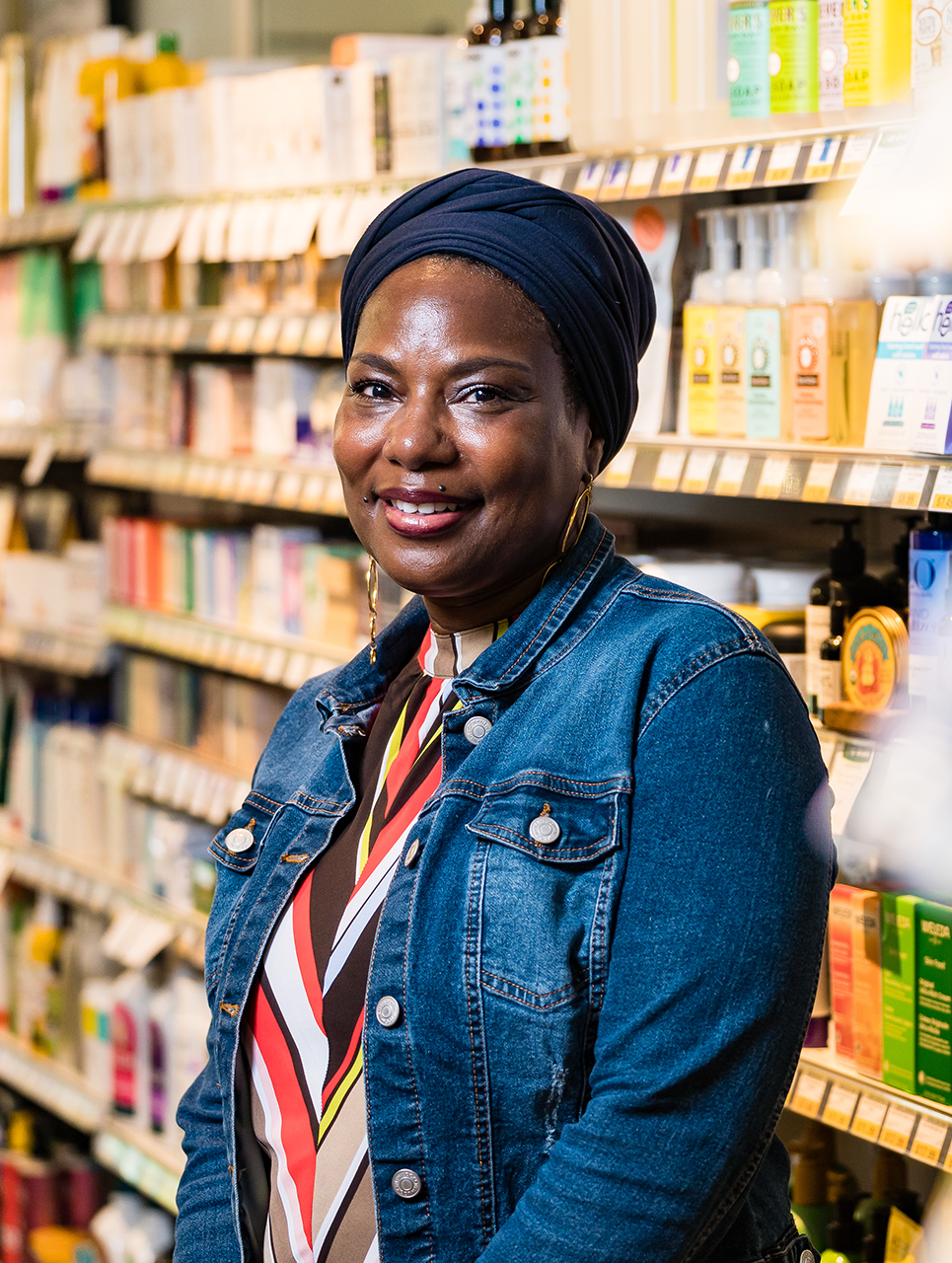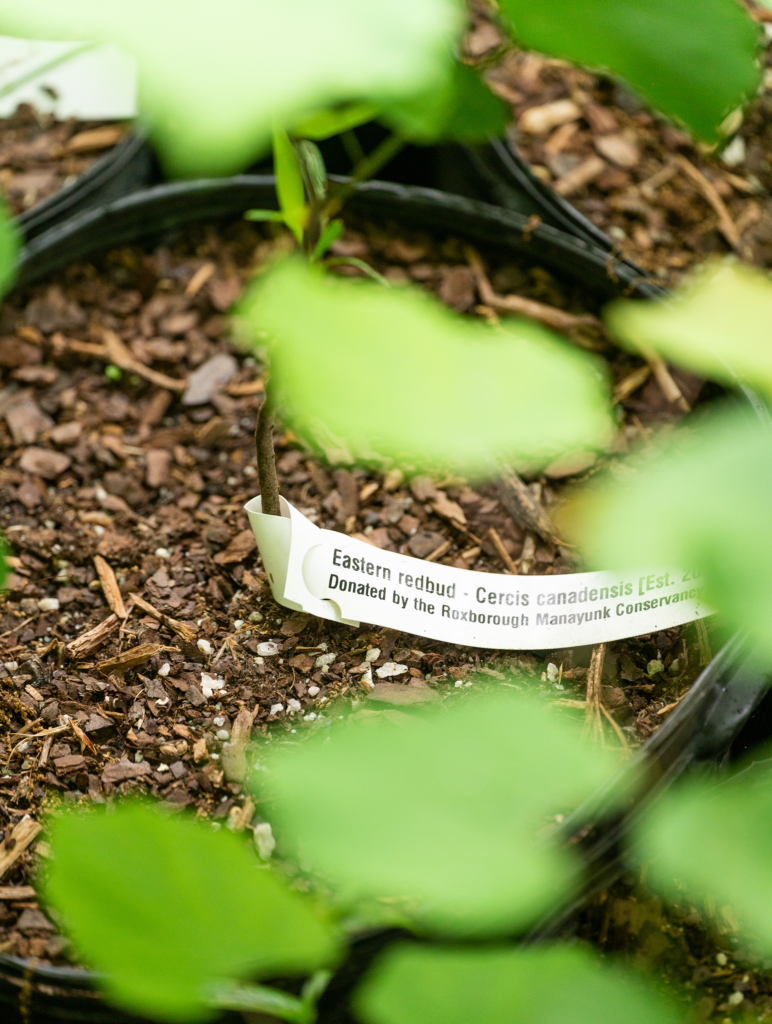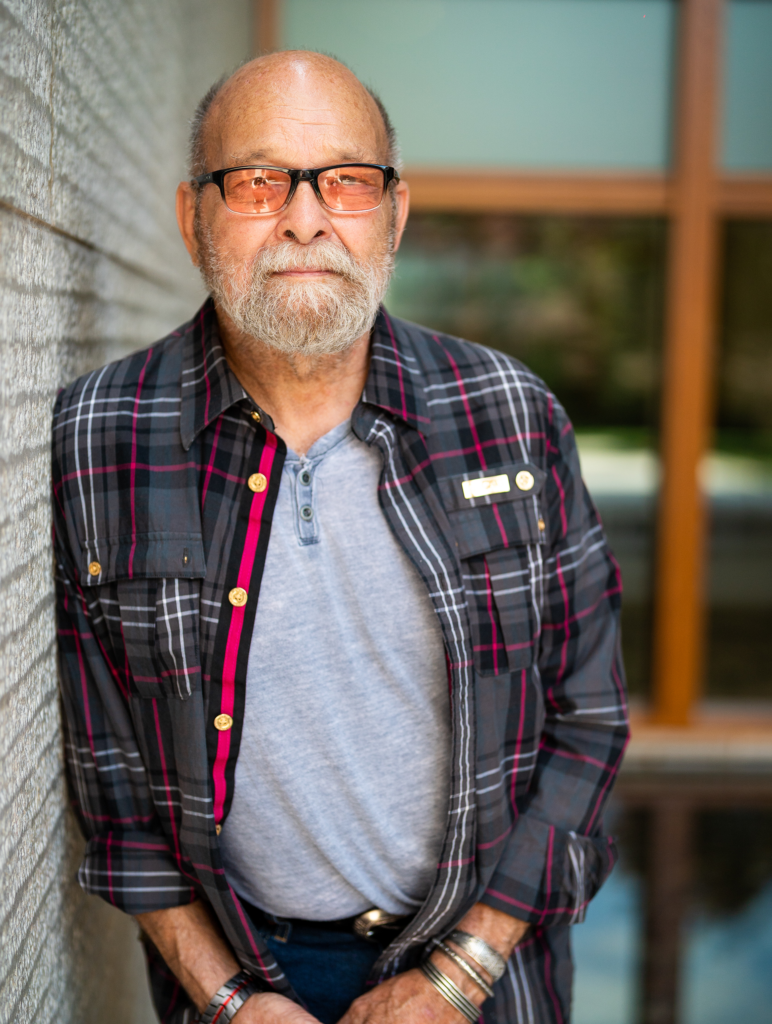After the protests sparked by the murder of George Floyd in 2020 and the racial reckoning that followed, enterprises from major corporations to independent businesses around the globe released statements of support for the protests and commitments to do better.
But Weavers Way, a cooperative grocery store founded in the historically diverse neighborhood of Mount Airy that always prided itself on equity and inclusion, knew even before the spring of 2020 that it needed to do better. This is why Weavers Way started the vendor diversity initiative in 2019.
“We took a hard look at how we can help with the racial disparity problem, and the best way we could think of was to add more products from a BIPOC point of view,” explains Weavers Way vendor diversity coordinator Candy Bermea-Hasan. “That meant bringing in more products for people of color and also more BIPOC vendors as well.”
A food cooperative, by nature and by design, is built to be an accessible place for the community — an ethos that the vendor diversity initiative leaned on to find success. As covered in Grid’s May 2023 issue, after hearing about the vendor diversity initiative from other makers, Vicki Moody of Candles By Vicki employed the old-school sales technique of sending a product basket to Bermea-Hasan. The aroma was enough to persuade Weavers Way to start carrying the By Vicki brand.
But Weavers Way didn’t just wait for vendors to come to them. The vendor diversity initiative team took an active role in looking for more vendors. And as they looked, they noticed that there were many vendors and products out there that were not retail ready. One of those vendors, featured in Grid’s March 2023 issue, was Hank’s Cinnamon Buns. After a successful music career, owner Hank McCoy pivoted to baking in 2020 just as the pandemic happened. But mixing beats was not like mixing dough, and McCoy was a bit unprepared for the red tape that can entangle a bakery.
McCoy says Weavers Way helped with the licensing and other regulatory steps new bakeries have to go through. “They helped me a lot just in terms of brand recognition and being in the three stores from the beginning of my business,” McCoy says. “It gives me a bit of credibility in the consumers’ eyes.”
It’s this credibility building that Bermea-Hasan values the most. One of her favorite aspects of the program is the “vendor fairs” that Weavers Way organizes for initiative participants. At these fairs, Weavers Way gives each vendor time, space and the opportunity to tell their story as well as allow for the sampling of their products. Throughout Grid’s coverage of the vendors in this program, the positive opportunity to network with other business owners is a constant refrain of acclaim from initiative participants.
When asked about the future of the initiative, Bermea-Hasan invokes the approachability that Vicki Moody’s found so welcoming. This approachability leads to an accessibility that will allow Weavers Way to expand this program. And just like the guided growth witnessed with Hank’s Buns, Bermea-Hasan revels in the opportunity to have good products on the shelves and to get closer to their community at a time when other grocery stores are finding more ways to detach from the community. But for Bermea-Hasan, it’s truly those little moments that keep her going.
“One of my favorite moments is when a vendor sees their product on our store shelves and they are excited,” Bermea-Hasan says. “This is priceless.”










